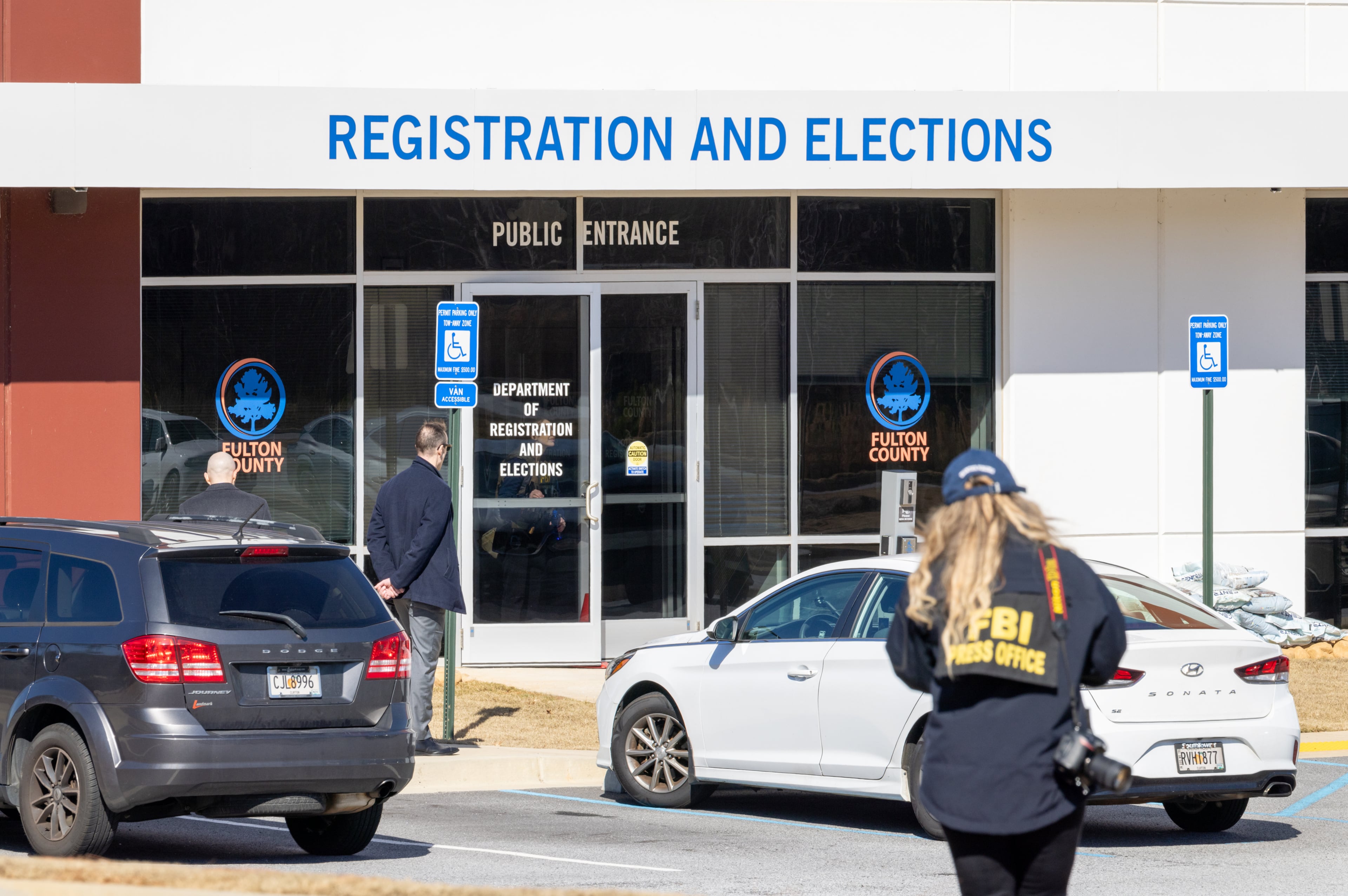Number of Georgians dropped from Medicaid nears 500,000

Georgia has dropped at least 488,000 from Medicaid, the government health insurance for the poor, as part of a federally mandated project to ensure those covered by the program qualify to remain on it.
Georgia began the process of redetermination with 2.8 million Medicaid recipients, which account for a quarter of the state’s population.
The state recently released the number it had disenrolled through Dec. 31 — the halfway point in what was projected to be a 14-month project to re-certify all Medicaid recipients. The numbers show it’s not yet reviewed even half the state’s recipients. Officials told lawmakers at the Legislature Tuesday that a shortage of workers has delayed the work.
During the pandemic, federal rules allowed everyone who got on Medicaid to remain covered without filing the annual paperwork to make sure they still qualified. That pandemic emergency amnesty ended last spring, causing all states to need to do the work of recertifying.
In December, federal officials cautioned Georgia that the state was dropping children from Medicaid coverage faster than almost all other states.
The state’s disenrollment numbers for 2023, released this month by the state Department of Community Health which oversees Medicaid, did not break out the number of children who were disenrolled. The majority of the state’s Medicaid enrollees are children.
Going forward, the state said, children disenrolled after Jan. 1, 2024 will have a 12-month amnesty, able to keep their coverage while they have a chance to reapply.
Nationwide, and especially in Georgia, a major concern of federal authorities is the number of people who are being kicked off simply because the state can’t find them. In Georgia, the vast majority of those people being kicked off — 85% — are disenrolled not because they’ve been determined ineligible, but because the state believes it received no paperwork from them after sending multiple warnings.
“I’m seeing the effects every day in my practice,” said Dr. Hugo Scornik, a pediatrician in Conyers who previously led the Georgia chapter of the American Academy of Pediatrics.
“Many families are finding out when they reach our office that their children no longer have health insurance and then have to make the difficult decision of whether to forgo care for that day,” he said Friday.
State officials this week testified at budget hearings that they’ve struggled with staffing: Not enough staff, and the staff it does have are newbies. It’s trying. The Department of Human Services, which does the recertification casework for DCH, originally thought it needed 500 or so new workers for the task. Now that number hired has been adjusted to 1,200 and could still rise. The total staff working on Medicaid renewals is now more than 2,100.
Medicaid beneficiaries and their attorneys have described a broken system to the AJC. Part of that relates to the staffing shortage: Voicemails are always full. When they try to go to an office in person they often find the caseworkers are actually working remotely. They send paperwork and the state can’t find it. And some problems lie with the Gateway computer system, which gives contradictory or inaccurate information, depending on which type of device and screen a person is using.
The work of recertification began in April, 2023 and is expected to be complete this coming May 31.
“We’re currently about halfway through that exercise,” the largest eligibility effort in state history, Georgia Department of Community Health Commissioner Russel Carlson told state legislators this week.
Georgia Medicaid re-enrollment by the numbers
1.5 million still need review - The number of Georgians on Medicaid was 2.8 million at the start of redetermination in April, 2023, according to state data at the time. As of Dec. 31, 2023, it has completed 1.2 million case file reviews, or fewer than half.
756,500 kept Medicaid - Of the 1.2 million case reviews completed so far, according to state data files and press officials, more than half, or about 756,500, kept coverage. Several hundred thousand of those enrollees were renewed automatically by searching state databases for income and other information that could qualify the person for renewal.
430,000 dropped without review - The state says it issues multiple warnings to every person that it’s time to reapply, using the phone number, email address or physical address that it has on file. But in thousands of cases, it either receives no response or, advocates allege, it may lose the paperwork. So far, 85% of all terminations were a result of lack of paperwork.


